It is difficult to define or to encapsulate Judy Collins in under 2,000 words. Ironically though, perhaps just two words can provide an insight into this remarkable woman’s activism, career, and song choices: they are, “amazing grace.” Everything Judy has done in her long and varied life have shown ability, creativity, tenacity, and – grace. These two words also happen to be the name of a popular anthem that she has made her own. Judy first recorded “Amazing Grace” in 1970. In 1993, she sang it at President Bill Clinton’s inauguration. In 2017, her version was selected for preservation in the National Recording Registry of the Library of Congress on the grounds of it being, “culturally, historically, or artistically significant.” In addition to its being one of the most beloved songs ever written, there is also a personal connection – Judy’s Methodist grandmother sang it to the family. Furthermore, there is an Irish connection. “Amazing Grace” was penned in County Donegal in 1772, by a former slave-trader turned abolitionist, John Newtown. He was shipwrecked off the coast of northwest Ireland and underwent a spiritual conversion: “[I] was blind but now I see.” A similar clarity and quest for social justice has underpinned all of Judy’s work. The hauntingly beautiful “Dreamers” (2018) is a recent example of Judy using her creativity and her pristine vocal abilities to remind us about the plight of immigrants: This land was made by dreamers, and children of those dreamers / We came here for democracy and hope / Now all we have is hope. Ever the activist, Judy’s song is about the deportations of young undocumented immigrants who were brought here as babies: “I’m very much a participant in my country’s action. I want my voice to be heard. I don’t think anyone outgrows that. I marched on a picket line in 1985 and was arrested because my government was supporting a racist government. That’s the same reason I went to Mississippi in 1964,” she told a reporter for UPI.
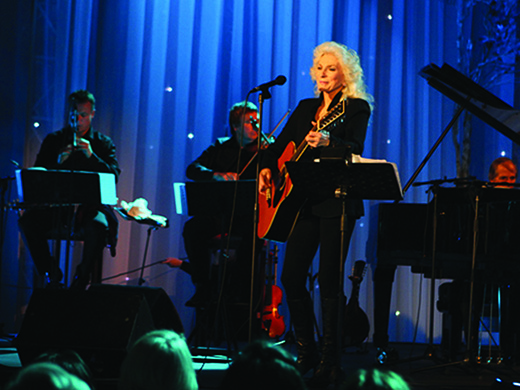
Which brings us to Judy’s own roots. She was born in Seattle, Washington, in 1939. On her paternal side, the family emigrated from Ireland, probably from the north. Her father, Charles (Chuck), though blind from age three, became a well-known radio host in Denver, having moved the family there in 1950 when Judy was 10. Chuck had a fine tenor voice and Judy remembers him singing “Danny Boy” and “I’ll Take You Home Again, Kathleen” to her mother, Marjorie. As a young 14-year-old, Judy was a student of classical piano and had already made her orchestral debut, but a chance hearing of the folk song “The Gypsy Rover” on the radio changed the course of her life. The ballad, a tale of a girl who runs off with a dashing stranger, won her heart. She persuaded her father to buy her a guitar and so began the musical journey that would take her out of Colorado and put her on the road to being recognized as one of the greatest folk singers of our time. Judy first visited Ireland in 1964, but even before this her love of Irish history and culture were apparent. In 1961, she had released her first album, entitled, A Maid of Constant Sorrow. The songs included “The Rising of the Moon” (a tribute to the failed 1798 rebellion) and “The Bold Fenian Men” (an elegy to the Irish Republican Brotherhood). She was aged only 22.
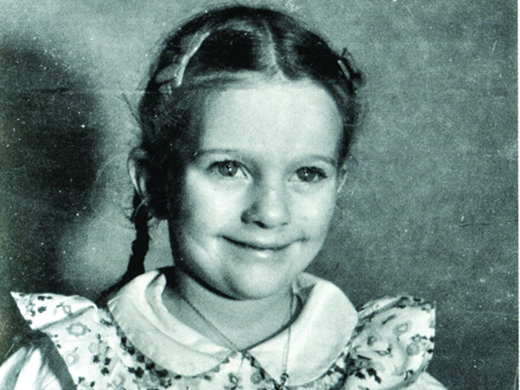
Her rise to prominence in the revitalized American folk scene was phenomenal. In 1963, Judy performed at “America’s Democratic Legacy,” along with the Clancy Brothers and Tommy Makem (she was to share a stage with the Clancy Brothers on several occasions afterward). President John F. Kennedy was the recipient of that year’s award. Tragically, Kennedy was assassinated only a few months later. Judy returned to Dublin in 1966, as did many other giants of the American music scene, including Pete Seeger, Tom Paxton, Johnny Cash, and the Carter Family. In Belfast, Judy performed in the Ulster Hall alongside Paxton. They gave “magnetic performances,” to which the audience responded with “rapturous enthusiasm.” In the same year, the title of Judy’s album was Golden Apples of the Sun – the final line of W.B. Yeats’ mystical 1897 poem, “The Song of Wandering Aengus.” The Irish influence was clear throughout. The album included “Shule Aroon,” an eighteenth-century Irish folk song, “The Christ-Child’s Lullaby” (Taladh Chriosta) by Seamus Ennis, and “The Great Selkie,” a traditional folk song of Scotland and Ulster. The album provided a perfect partnering of Irish and Celtic traditional music with American folk music, allowing Judy to bring to new audiences:
The silver apples of the moon,
The golden apples of the sun.
Just as Judy loves Ireland, Ireland loves Judy. In 1970, the year that she recorded “Amazing Grace,” the music critic for the Dublin Evening Herald described her as “the best girl singer to emerge from the American folk revival.” He went on to explain that “Judy’s singing has a rare warmth, sensitivity, and an emotional content that has always been conveyed not only with her life performances, but on record, too.” The emotionally riven “Send in the Clowns,” released in 1975, established Judy as one of the leading performers in the world, who was able to cross genres and create new artistic spaces. Since her first visit to Ireland in the early 1960s, Judy has returned to Ireland and to her Irish musical roots on many occasions. In 2014, Judy, together with some of Ireland’s best-loved musicians, took over Dromoland Castle in County Clare to film a concert, sponsored by Quinnipiac University, that was broadcast on PBS throughout March 2015. Live in Ireland showcases such Judy Collins’ classics as “Chelsea Morning,” “Cat’s in the Cradle,” and “Bird on a Wire” (originally by Leonard Cohen), as well as many of her favorite Irish tunes, including, “She Moved Through the Fair” (featuring the amazing Mary Black), “Wild Mountain Thyme,” and, of course, “Danny Boy.”
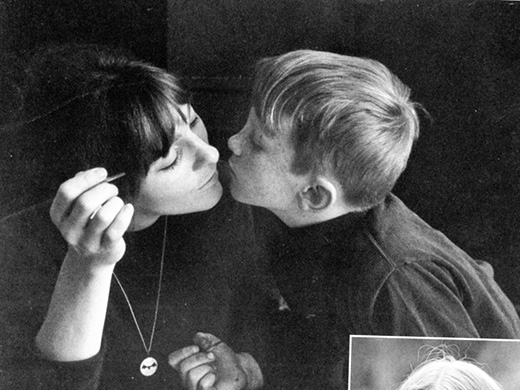
Judy explained to Irish America: “I have lived with Irish songs all my life, and it was important to me to bring them back to Ireland, where they all started. My father was half Irish and always sang the old songs, as a tribute to my family roots and the roots of my own career. The songs that got me started in my career of singing folk music were Irish – “Barbara Allen” and “Gypsy Rover” – and had their roots in the Irish tradition, so it was important to me that I do that concert in Ireland.” During the concert, Judy shared with the audience that performing in such a location was “a dream come true.” She talked about her father and his “distinctly Irish mentality” and explained how, growing up, “everybody knew the old Irish songs.” It is in no small part due to Judy’s beautiful renditions of many of them that we still know and love these songs. Moreover, Judy made her own personal contribution to the “canon” by writing a new “Irish” song for the Clare concert called “New Moon Over the Hudson.” She explained, “It came to me just before I left to do my Irish show at Dromoland Castle – I had only recently learned that two of my great-great-grandfathers had fought and died in the Union Army in the Civil War, and one of my relatives played the pipes for the Colonial Army in the Revolutionary War – one night I looked out my window and saw a new moon over the Hudson, and the thought that my ancestors had come over to the States in ships made of tears as well as dreams struck me as proper for a song, as well as a tribute to the Irish diaspora in America and other points around the globe.”
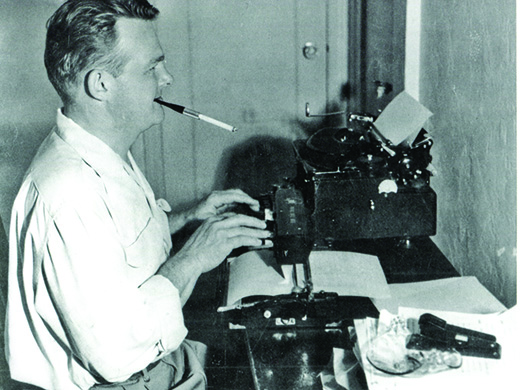
“New Moon over the Hudson” is not only a plaintive tribute to her own family’s emigration to America, it is a reminder of the poverty that caused so many to flee: “And the ships that brought us over here / Were made of dreams and smoke.” In it, she also made a promise to her “father’s father’s father’s” people that:
I will return to Ireland
I’ll sing the old sweet songs.
In 2018, Judy embarked on an 18-month tour with Stephen Stills, and with hit song “Dreamers” on the Billboard charts, was back in New York City, her home since the 1970s, on February 4, to accept the Joe’s Pub Vanguard Award and Residency for 2019. The award celebrates the career of a singular artist who has contributed to American life and pop culture. Alex Knowlton, director of Joe’s Pub, which is part of the Public Theater, said, “Continuing this program into its second year with the voice of a generation is a dream.” In addition to recording more than 40 albums, Judy has excelled in other creative fields. She received an Academy Award nomination for her film Antonia: A Portrait of a Woman (about her piano teacher), and she has her own label, Wildflower Records. She is also the author of almost a dozen books, including a highly evocative memoir, Sweet Judy Blue Eyes: My Life in Music (the title is from a song Stephen Stills about wrote for her). In Sanity and Grace: A Journey of Suicide and Strength, she chronicles her son’s battle with alcohol and his seven years of sobriety, followed by a relapse and various suicide attempts before his death, and in the more recent Cravings, she details her own struggle with alcoholism and an eating disorder.
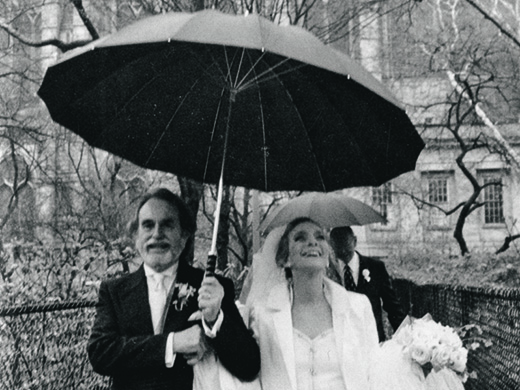
Judy has lived in the same New York apartment for over 40 years. She shares it with her husband, Louis Nelson, the artist known for the Korean War memorial in Washington, D.C., whom she met in 1978. Beyond her extraordinary talent, Judy Collins remains one of America’s most vital artists because of her crea-tive rigor and dedication to her artistry. Since her debut album in 1961, Judy has won many awards and accolades. These include a Grammy in 1968 for “Both Sides Now,” being showcased on the cover of Life magazine in 1969, and today, more than 40 albums later (at least six of them gold), she is still recording and playing concerts – up to 200 a year. At the end of 2019, Judy, together with Norwegian singer-songwriter Jonas Fjeld and North Carolina bluegrass revivalists Chatham County Line, recorded the album Winter Stories. It was not only ground-breaking in its approach, but has been recognized as some of the best music Judy has ever made, and was nominated for a Grammy. In regard to the collaboration, Judy explained: “I like the idea of working with other artists and hearing new sounds, the addition of other colors, other viewpoints.” Winter Stories can be seen as a metaphor for Judy’s life because, as we all know, winter is always followed by spring, a time of rebirth and renewal. And it should come as no surprise that the ever-creative Judy Collins is already busy planning new partnerships, more writing, more performing, and multiple other creative projects.
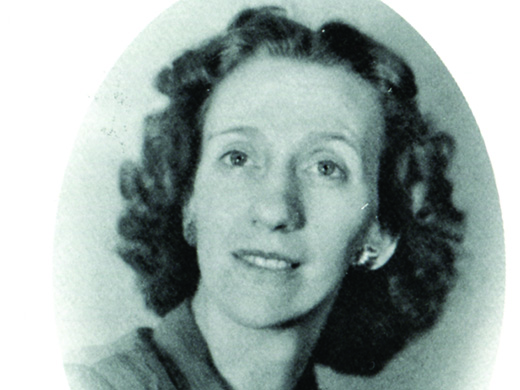
The final words in the quest to define Judy Collins are from an Irish newspaper that closely followed her early career. In 1975, they likened Judy to Billie Holiday for the “quality, character, and depth in her singing, [and her ability] to take often seemingly mundane or hackneyed songs and revitalize them.” The conclusion: “Judy Collins, who has always occupied a rather unique position in that she can’t be categorized, offers something that embodies the qualities of art songs and singing, the French chansonier style, the pure, natural voice of the natural folk singer.” The brilliant and multi-talented Judy Collins continues to defy easy categorization as a performer. As a remarkable woman, she remains peerless. In 2020, the ethereal and ever-fresh Judy continues to occupy a unique place in music on both sides of the Atlantic. She also has a special place in our hearts.
To learn more about Judy Collins see our June/July 2013 cover story.

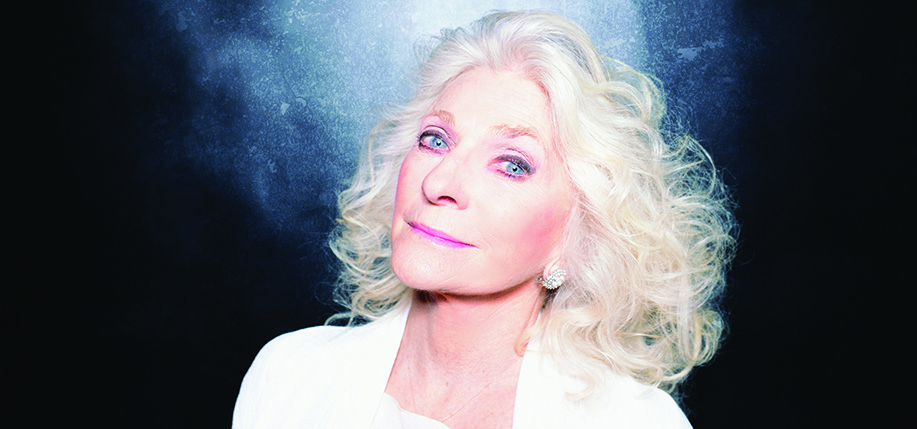
Leave a Reply